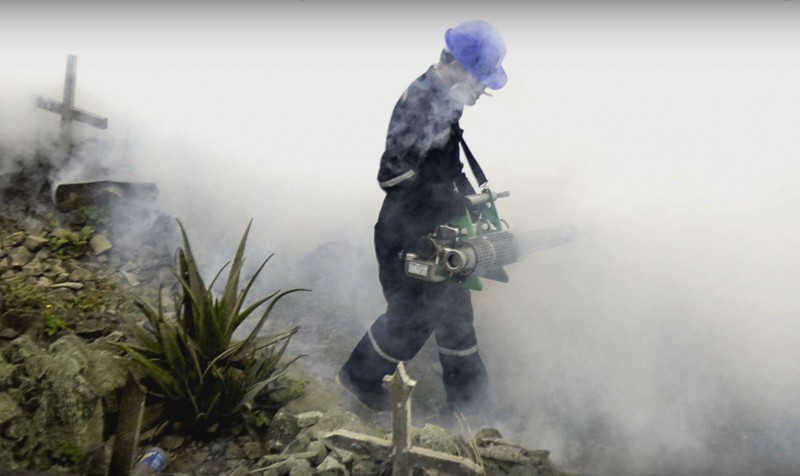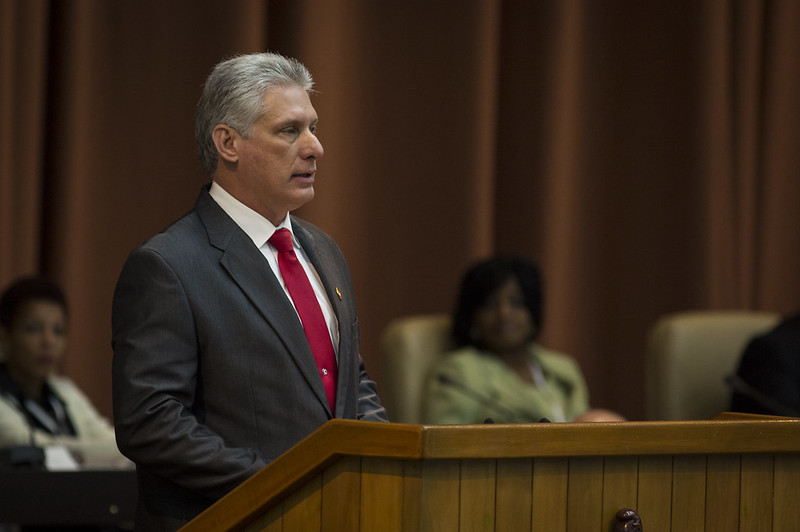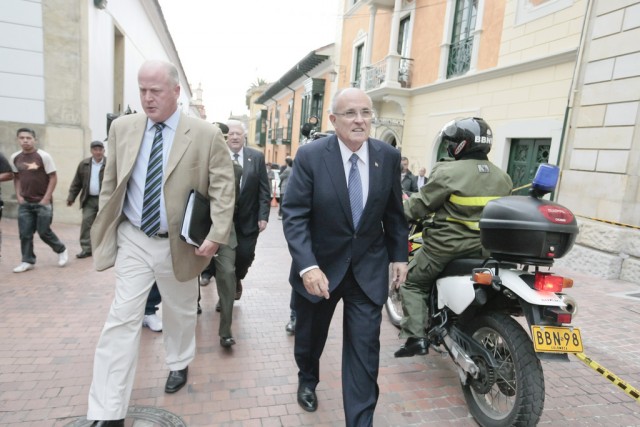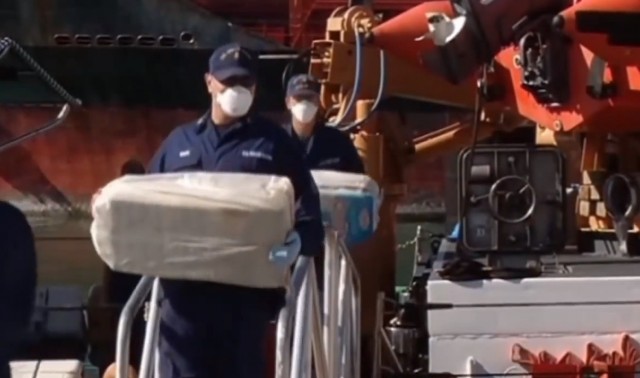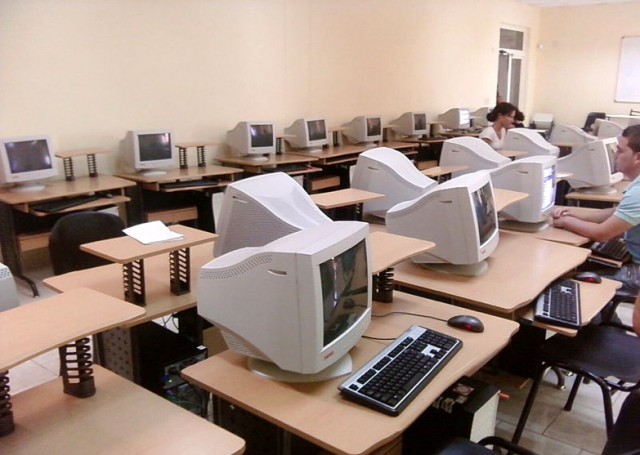
Caribbean, Cuba, Latin America: Week in Review
Cuba Announces WiFi Service as U.S. Confirms Release of Prisoners
January 13, 2015 By Staff
Top Story — WiFi service will be offered in a public park in eastern Cuba, the island-nation’s telecommunications company said on Monday. The announcement comes on the same day U.S. President Barack Obama confirmed that 53 political prisoners have been released by the Cuban government, in accordance with the agreement struck by the two countries to restore relations after five decades of hostility.
The Cuban government will provide wireless internet service in a public park in Santiago at the price of $4.50, according to details released by the country’s official union of journalists. The move is in line with the Obama administration’s previously stated wish to see Cubans gain better access to the Internet as part of the historic deal between the two countries, and for U.S.-based companies to eventually be able to sell Internet-related equipment on the island.
For the time being, however, WiFi access in a Santiago park will be limited to Cuba’s government-controlled national intranet system.
Monday’s announcement by Cuba coincided with a statement by Obama’s U.N. ambassador that 53 opposition figures detained by the Cuban government had been released. Cuba had pledged to free the prisoners during their December 17 announcements regarding the historic restoration of diplomatic relations. The release of the prisoners, however, was reportedly a gesture by the Cuban government independent of the terms of the deal originally struck with the United States. The two countries are set to begin talks next week about the specifics of restoring diplomatic relations.
Senior U.S. officials speaking on condition of anonymity to Reuters claimed that the prisoners released had to fit a narrow definition delineated by the Obama administration as “peaceful political activists.” The narrow definition means that many opposition activists remain incarcerated in Cuba, though the U.S. has vowed to continue to pressure the Cuban government to release political prisoners.
Headlines from the Western Hemisphere
North America
- The latest investigation into a deadly clash in Michoacan Mexico on Jan. 6 reveals that most of the 8 dead were killed by other civilians.
- Maria de los Angeles Pineda, the wife of the former governor of Ayotzipan, where 43 students went missing last September, will be tried for her ties to the Guerreros Unidos gang and involvement with drug trafficking and money laundering.
- A buried arsenal containing rifles, handguns, attachments for grenade launchers and ammunition was discovered by security forces in Tlatlaya, Mexico, a city where 22 civilians were killed by soldiers in June 2014.
Caribbean
- Despite a deal between Haitian President Michel Martelly and opposition leaders to avoid presidential rule by decree and hold elections this year, the country’s main opposition bloc did not participate in the agreement and the country’s political crisis continues.
- Haitians remembered the 2010 earthquake on its fifth anniversary Monday with gatherings in Port-au-Prince, where the devastating effects of the natural disaster are still felt.
- As a long-term absence from public has yet again fueled rumors that Fidel Castro is dead, Argentine Soccer legend Diego Maradona reportedly received a letter from the former Cuban president declaring that he is in good health, reports Venezuelan state media network Telesur.
Central America
- Government officials in Costa Rica reportedly say contraband smuggling is a more serious security issue than drug trafficking, but InSight Crime notes that authorities may be downplaying the significance of the drug trade.
- Karina Ramos may be forced to seek a new dress before she represents Costa Rica at the upcoming Miss Universe competition, after the authorities informed her dressmaker that his design, which incorporates elements from the country’s national seal, was likely in violation of a law dating back to 1906.
Andes
- InSight Crime calls a Bolivian investigation into 50 police and judicial officials a “welcome move,” given the high levels of corruption the organization has uncovered in its own field research.
- Venezuelan authorities on Monday released several people arrested in connection with sporadic clashes over the weekend that resulted from protests over shortages of basic goods.
- Anti-terrorism police in Peru are investigating a theater performance that closed in Lima in December for the play’s alleged sympathy to the left-wing Shining Path, the guerrilla army that launched a devastated war in the country during the 80’s and 90’s by committing deadly terror attacks and by providing a pretext for brutal right-wing repression.
Southern Cone
- Tens of thousands of metalworkers in Brazil took to the streets of São Paulo on Monday in protest of sweeping layoffs in the country’s large auto industry, which is experiencing industrywide cutbacks after an economic downturn in 2014.
- Argentina’s government has temporarily suspended the ability of HSBC Argentina to transfer money outside of the country, two months after accusing the bank of helping clients evade taxes.
- Authorities in Brazil may be forced to resort to electricity rate hikes to cover rising costs from the Itaipu dam, which provides nearly a fifth of the country’s electricity.
Image: Kjgomez, public domain
